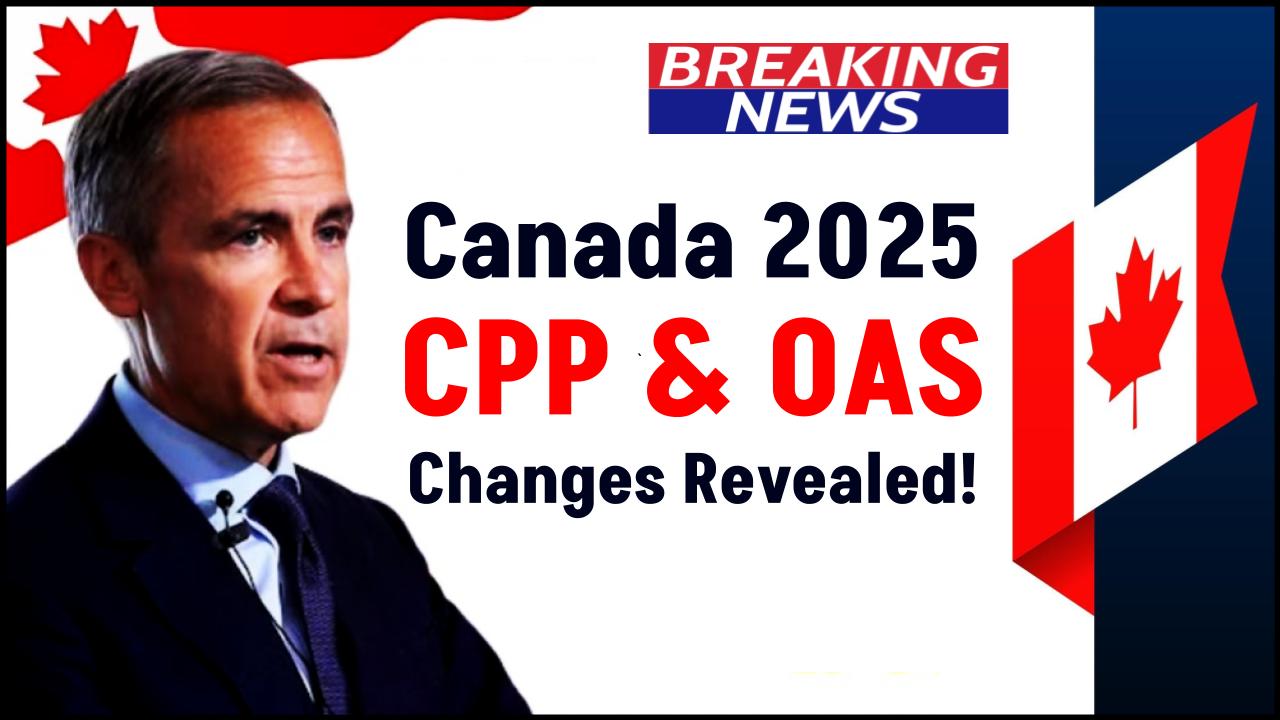UK Families Face Eye-Watering: UK households could see average annual water bills hit £2,000 by 2050, according to a recent projection by Ofwat, the UK’s water regulator. This startling estimate includes inflation and is driven by the urgent need for infrastructure upgrades, climate adaptation, and environmental improvements. The announcement has triggered widespread concern across the UK. Experts and campaigners are urging both households and policymakers to prepare for what’s coming—and to take practical action now.

UK Families Face Eye-Watering
| Key Point | Details |
|---|---|
| Projected Average Water Bill by 2050 | £2,000/year |
| Current Average Bill (2025) | £603/year (+£123 increase) |
| Investment Needed by 2050 | £300 billion |
| Expected Water Shortfall | 5 billion litres/day |
| Biggest Contributors to Bill Hikes | Aging infrastructure, climate change, population growth |
| Official Source | Ofwat Official Website |
The warning signs are clear: Without significant investment and reforms, UK families could be paying up to £2,000 a year for water by 2050. But by taking practical steps, lobbying for change, and staying informed, households can reduce their impact and prepare for the future. Whether you’re a policymaker, parent, or property owner, this is an issue that affects us all. Water is essential, and how we manage it—and pay for it—will shape our national future.
Why Are Water Bills Rising So Rapidly?
1. Aging Infrastructure
Much of the UK’s water infrastructure dates back decades. Leaky pipes, outdated treatment facilities, and inefficient delivery systems all contribute to water loss and higher operational costs. Upgrading these systems requires major investment.
2. Climate Change and Environmental Pressures
Droughts, heavy rainfall, and flooding are becoming more frequent due to climate change. These events strain the existing infrastructure, making resilience and adaptation investments essential.
3. Population Growth
The UK’s population is expected to rise significantly by 2050. More people means more demand for water, energy, and waste processing—all of which drive costs upward.
4. Stricter Environmental Regulations
New rules require water companies to reduce pollution, restore river ecosystems, and improve overall water quality. While beneficial, these improvements come at a cost.
Ofwat forecasts that £50 billion is needed for just 30 major water projects (CMSComs).
Public Reaction: Who’s to Blame?
Campaign groups and political figures argue that this crisis could have been avoided. According to Amy Fairman from River Action UK, these projections are the result of “decades of underinvestment by private water companies.”
The Current Reality: Bills Already Rising
We’re not waiting until 2050 to feel the impact. In 2025 alone:
- Average bills rose by £123, bringing the annual total to £603.
- In some areas like Southern Water, customers saw increases of up to 47%. This is the highest jump in water costs since the industry was privatised in 1989.
Practical Guide: How to Manage Your Water Costs
You don’t have to wait for government action. Here are 5 practical steps every household can take today:
1. Apply for a Social Tariff
Low-income households can apply for a discounted rate. Check your provider’s eligibility criteria on the Ofwat social tariffs page.
2. Install a Water Meter
If you don’t already have one, consider switching to a meter. Most households with 1-2 people save money this way.
3. Fix Leaks Promptly
A dripping tap can waste over 5,000 litres a year. Fixing small issues can lead to big savings over time.
4. Use Water-Efficient Appliances
Choose low-flow showerheads, dual-flush toilets, and eco-friendly washing machines. Look for the Waterwise or WRAS certification.
5. Collect and Reuse Rainwater
Install a water butt to collect rainwater for gardening. It’s free, eco-friendly, and reduces your water bill.
FAQs on UK Families Face Eye-Watering
Why will water bills reach £2,000 by 2050?
Because of inflation and the need to fund massive infrastructure improvements, environmental protections, and adaptation to climate change.
Can I avoid the bill increase?
While you can’t avoid national price trends, you can reduce your household’s individual consumption and apply for discounts.
Who decides how much water costs?
Prices are regulated by Ofwat, but water companies propose price increases based on investment plans and inflation forecasts.
Are other utility bills expected to rise similarly?
Yes. Energy and broadband bills are also projected to rise due to similar pressures.
Is there any political action to stop this?
Yes. Many MPs and environmental groups are lobbying for a shift to public ownership and greater regulation of private water firms.





